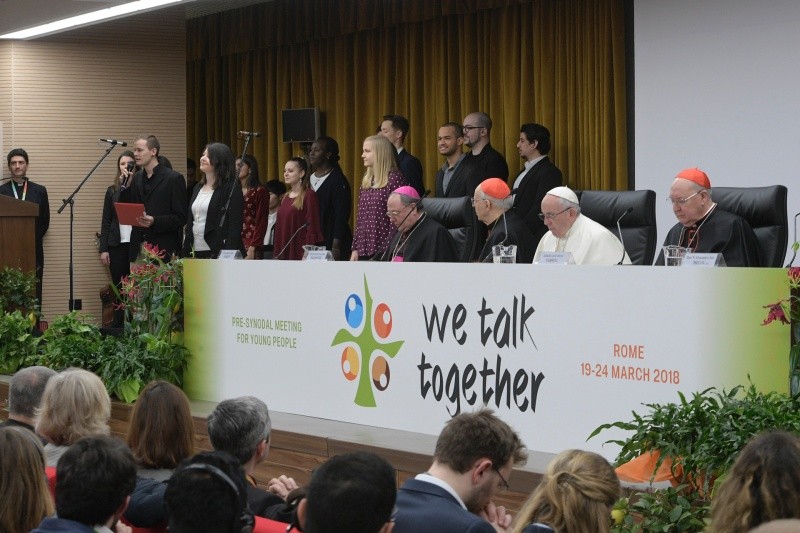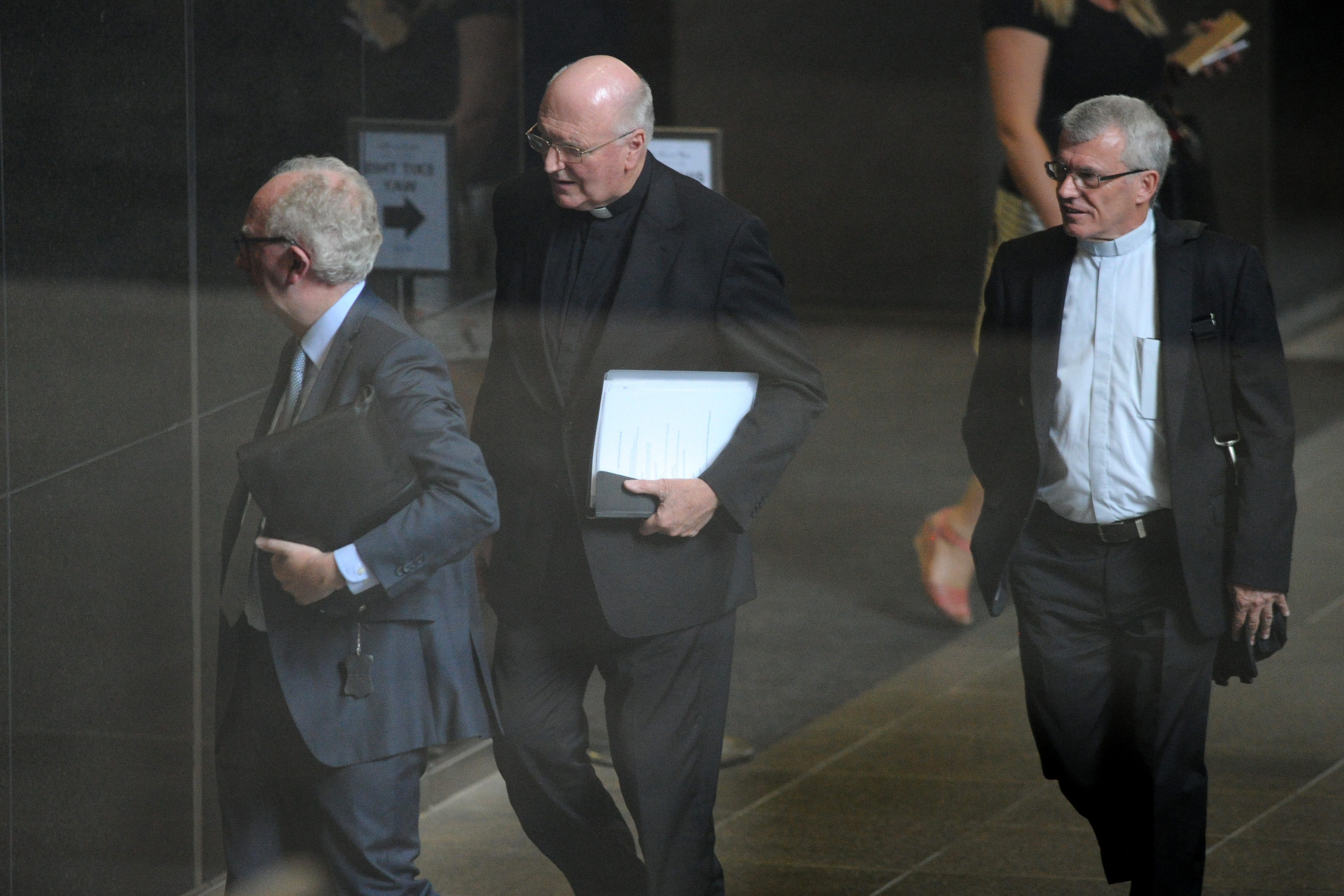Pope Francis has approved the Australian Church's first Plenary Council in more than 80 years and the first set to include lay members – the major gathering planned to chart the future of Australian Catholicism following the gruelling five-year Royal Commission into Institutional Responses to Child Sexual Abuse.
The Pope has also approved Archbishop of Perth Timothy Costelloe, nominated by his fellow bishops, as president of the council.
It is due to be held in two sessions – in late 2020, in Adelaide, Darwin or Alice Springs; and in May 2021, probably in Sydney, where the most recent Plenary Council, in 1937, was held.
The Plenary Council's new website says Canon Law requires that all diocesan Archbishops and Bishops, auxiliary bishops, Vicars-General, Episcopal Vicars, some Superiors and Congregational Leaders of religious orders and rectors of seminaries in Australia must be called to the Council, while those who may be called include lay people, clergy and retired bishops.
"The number of people who can be called to the Council must be a maximum of half of those who must be called: i.e. if the total number of people who must be called is 164, then the maximum number of others who may be called is 82 people," the website says.
"All Council delegates have a vote. Some have a deliberative vote, while others have a consultative vote. The deliberative voting is how the final decisions are made at the Council. These deliberative decisions are forwarded to Rome to ensure they are consistent with the universal teachings of the Catholic Church and then the legislation becomes binding for the Catholic Church in Australia.
"Others such as advisors and consultors can also be invited to the Council as guests. Observers may also be invited. Anyone invited as a guest or observer does not have voting rights at the Council."
Archbishop Mark Coleridge of Brisbane, who chairs the Bishops Commission for the Plenary Council, said the Council would be a unique opportunity for people to come together and listen to God and in particular by listening "as together we discern what God is asking of us at this time – a time when the Church in Australia is facing significant challenges".
Archbishop Costelloe said he held great hope that the Council would bring about a period of authentic renewal.
“I encourage all Catholics, whether devout or disillusioned, fervent or frustrated, to seize this opportunity to speak what is on their minds and in their hearts.”
The Plenary Council facilitator, Ms Lana Turvey-Collins, said the process of listening and dialogue, starting at Pentecost this year, would help form the agenda for the Plenary Council.
"It’s a chance for us all to learn to become a truly listening Church," she said. "All people are invited to share their story of faith, of life and of their experience of the Church.”
Pic: President of the Plenary Council will Archbishop of Perth Timothy Costelloe (right), pictured here with Archbishop of Melbourne Denis Hart (centre) leaving the Royal Commission into Child Sex Abuse in Sydney on Friday, Feb. 24, 2017. (AAP Image/Joel Carrett/PA)



 Loading ...
Loading ...